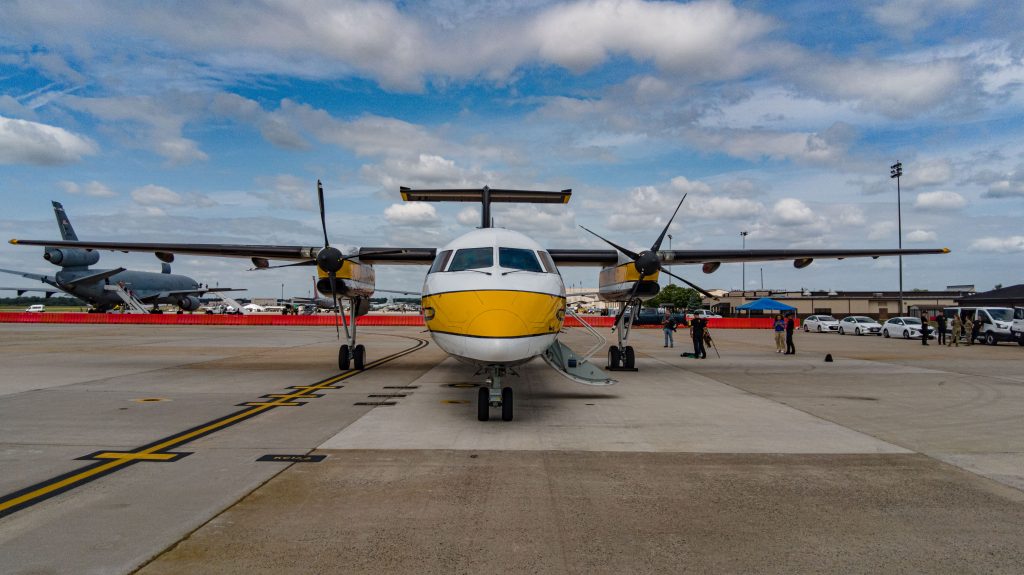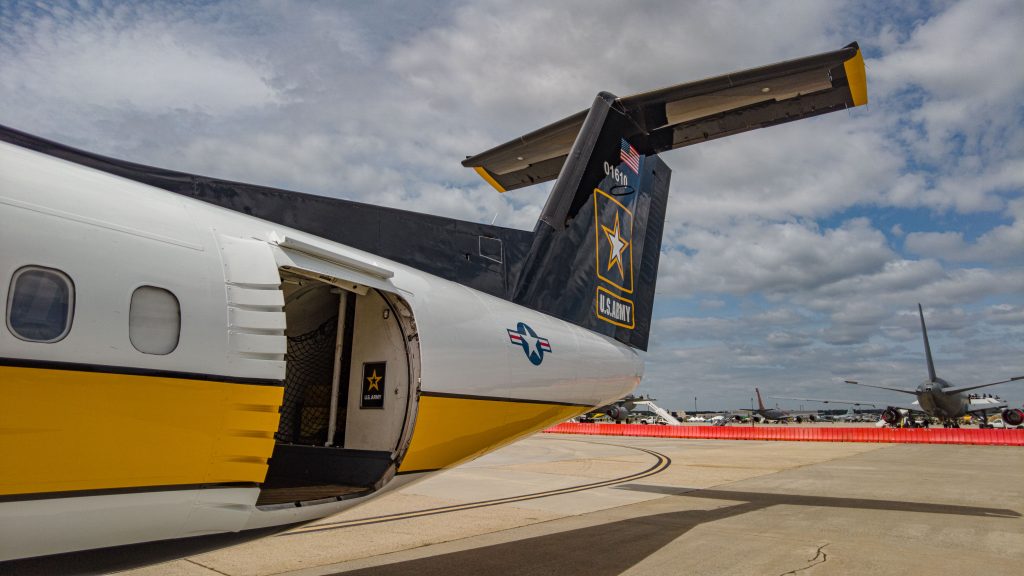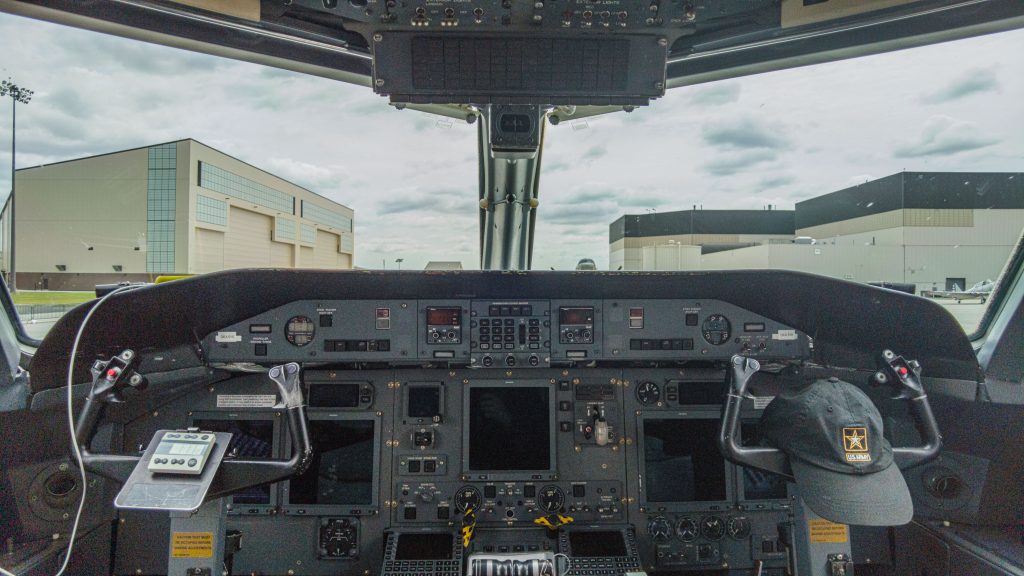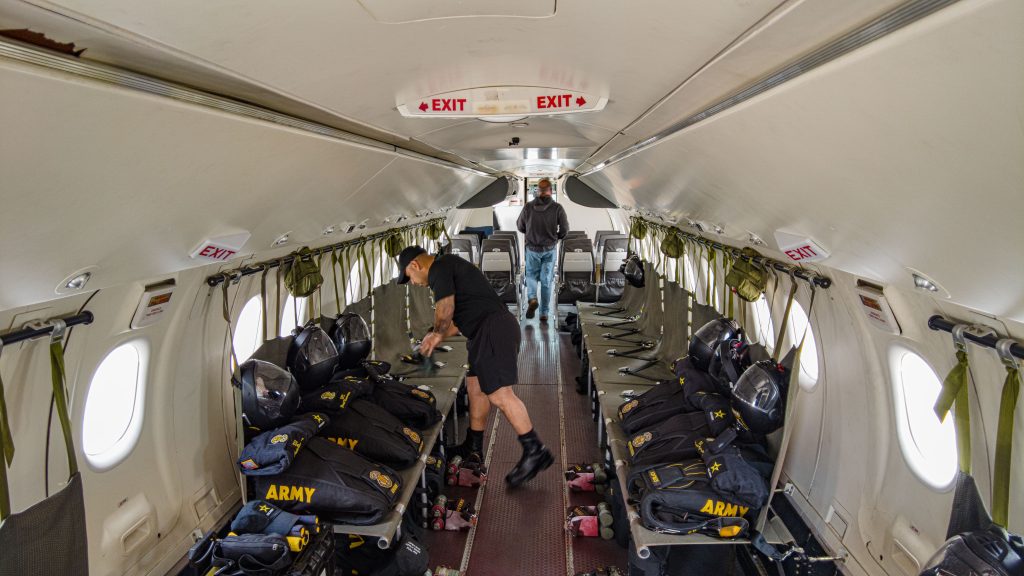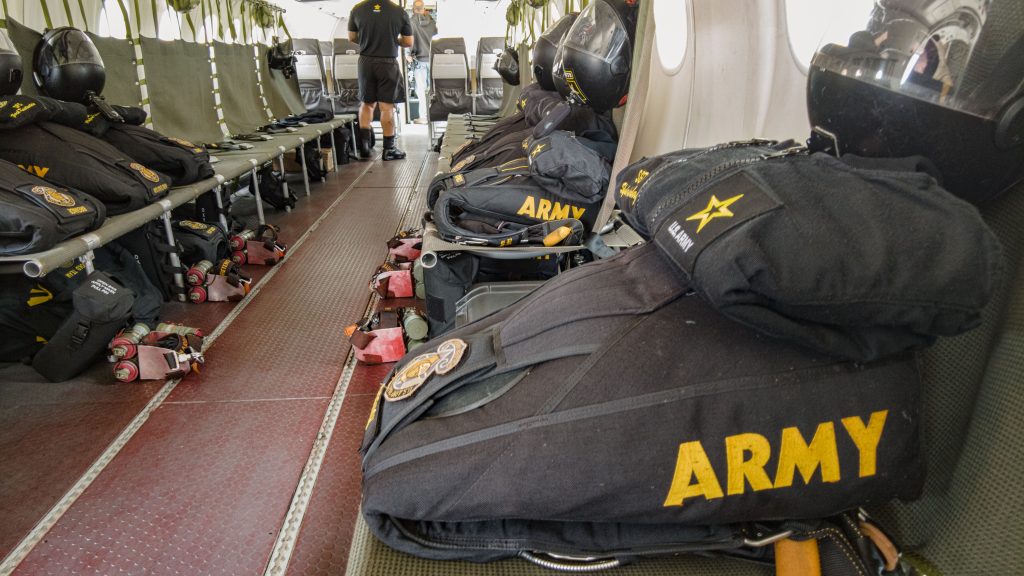In the run-up to the Power in the Pines air show at Joint Base McGuire-Dix-Lakehurst last weekend, Shorebeat was invited on a unique flight with the U.S. Army’s elite Golden Knights parachute team, and we captured it for you to see in the video above. (Note: Some browser ad blockers may interfere with the video.)
The Golden Knights demonstration team, based in Fort Bragg, N.C., is comprised of Airborne soldiers from different divisions and has been active since 1959. These are the same men and women you see parachuting at air shows as well as directly into stadiums during major sporting events.
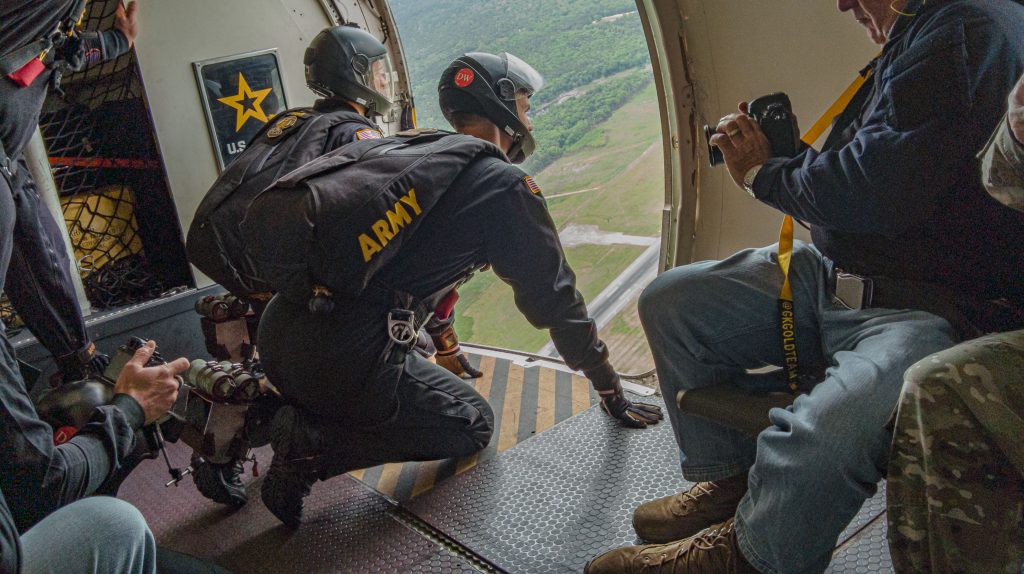
Paratroopers prepare to jump as part of a demonstration by the U.S. Army Golden Knights. (Photo: Shorebeat)
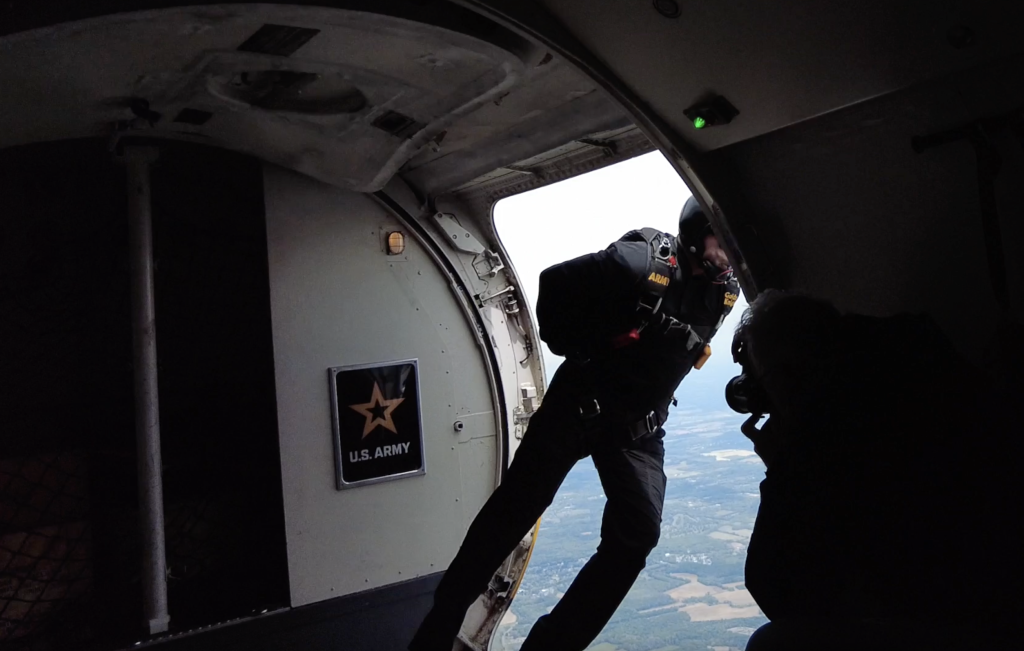
A jumper from the U.S. Army Golden Knights parachutes out of a Dash-8 at Joint Base McGuire-Dix-Lakehurst. (Photo: Shorebeat)
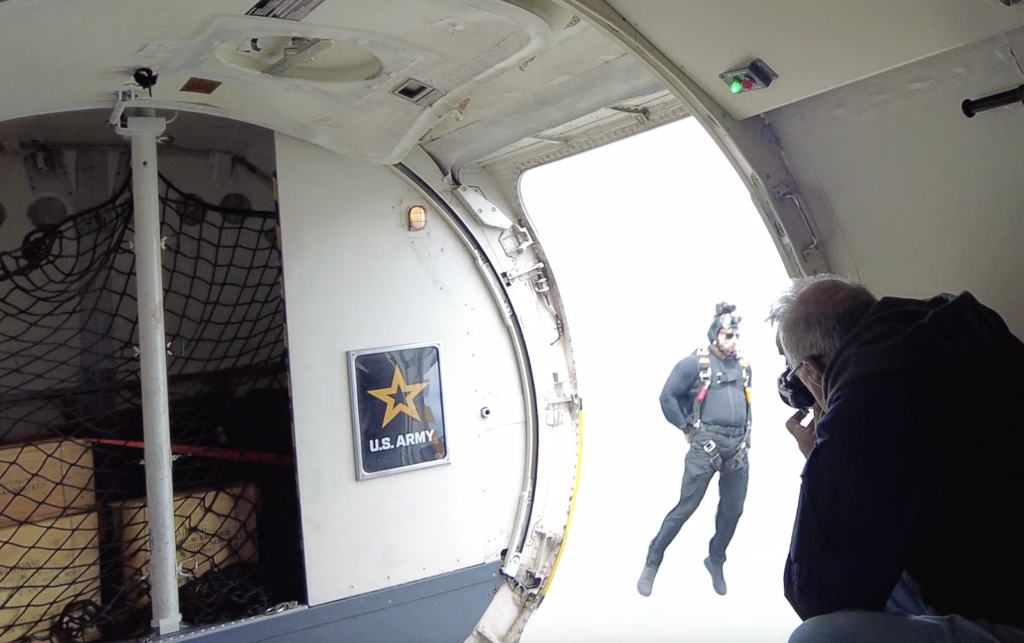
A jumper from the U.S. Army Golden Knights parachutes out of a Dash-8 at Joint Base McGuire-Dix-Lakehurst. (Photo: Shorebeat)
The team uses a De Havilland Canada Dash 8, most commonly used as a turboprop commuter plane, as its jump vehicle. In combat, of course, Airborne soldiers jump from numerous airframes, from the venerable C-130, to the quad-engine C-17 cargo jet, to any number of special mission aircraft that might be suitable for a particular scenario.
The Dash 8 used by the team, however, is much different than one you might see being utilized as a “puddle jumper” from one city to another. Its rear exit is fully retracted for the entire flight, and the cabin is not pressurized. At the altitude from which the team jumps, even on a spring day in New Jersey with air temperatures in the 60s, the temperature inside the aircraft is reduced to the high 30s to mid-40s. Our hardy crew of guests last week included a number of personnel from different branches to observe, along with seasoned defense industry journalists and travelers – no one suffered an upset stomach or hypoxia. Takeoff and landing in the military is mission-based, not comfort-based, and the pilots used the full power of the turboprops for a quick takeoff and quick descent after the jump – yet the landing was smooth as silk.
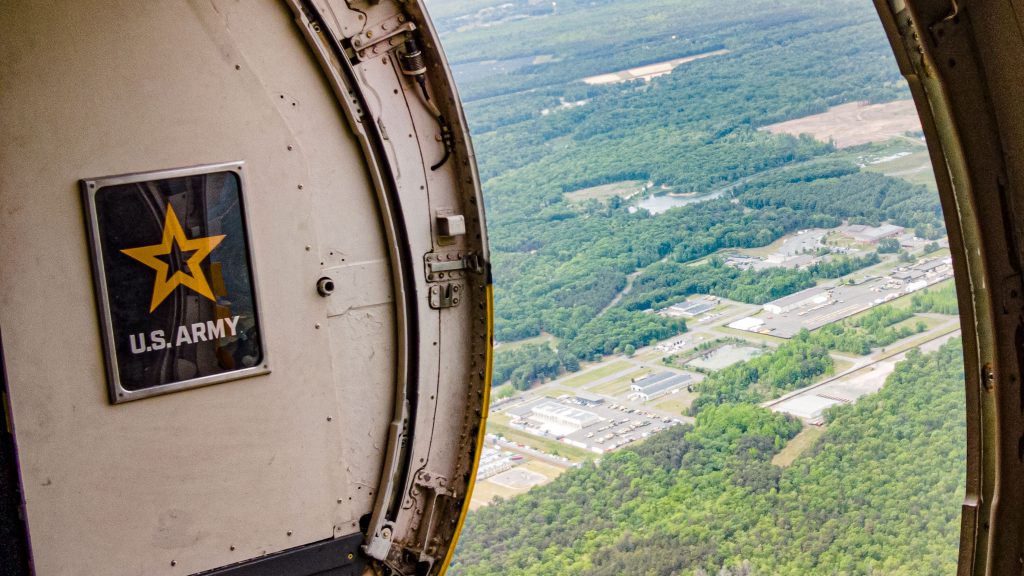
Paratroopers prepare to jump as part of a demonstration by the U.S. Army Golden Knights. (Photo: Shorebeat)
The soldiers lean out the side door almost from the very beginning of the flight. They’re monitoring conditions, surveying the cloud cover, and ultimately it is the responsibility of one member of the team to jump first so he can be observed by his buddies. Other team members monitor closely, then give the ‘okay’ signal as the fellow jumpers unlatch their safety belts and pull off a few last stretches (along with plenty of high-fives and fist bumps) to hype things up before going, true to their name, airborne.
We hope you enjoyed the video.

Advertisement
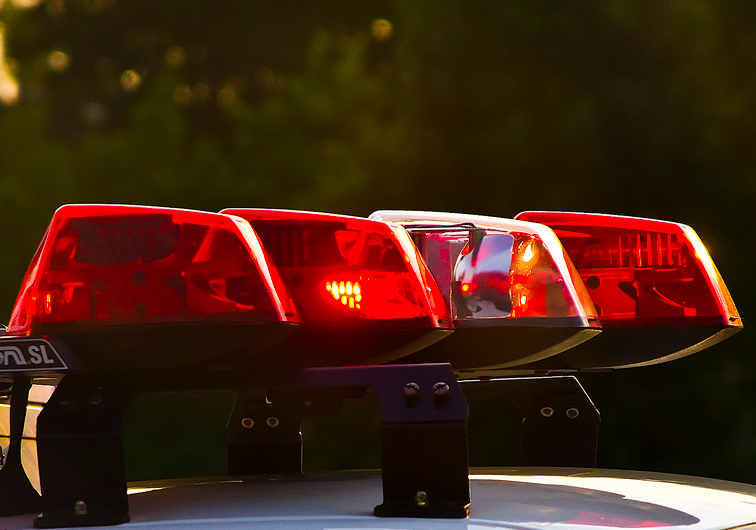
Police, Fire & Courts
Cops: Juvenile Arrested After 118mph Joy Ride in Seaside Heights, Toms River Kills 2

Seaside Heights & Seaside Park
Seaside Heights OKs ‘Pedacycle’ Tours for 2025 in Revived Experiment

Police, Fire & Courts
Cops: Juvenile Arrested After 118mph Joy Ride in Seaside Heights, Toms River Kills 2

Police, Fire & Courts
Ocean County Sheriff Establishes Drone Command Center in Seaside Heights Amid New Video

